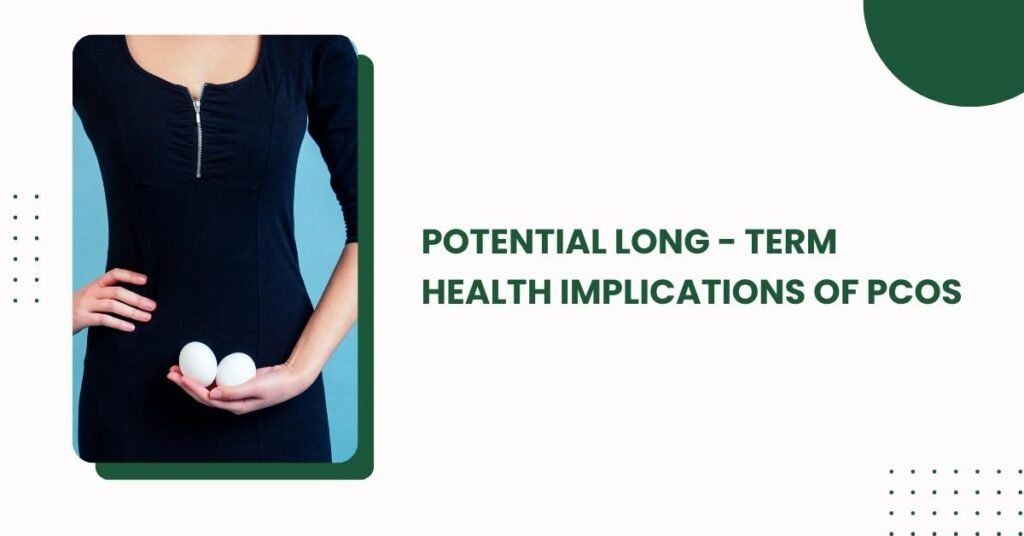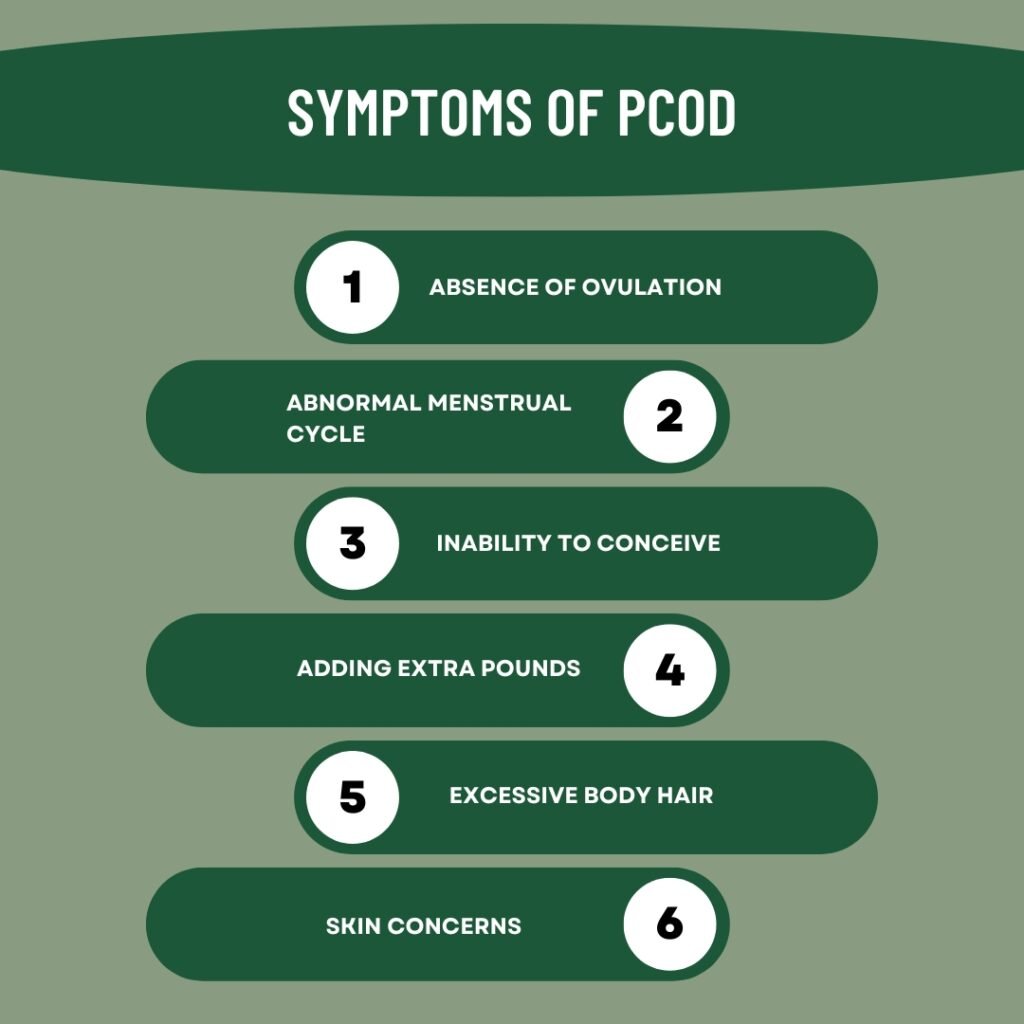Table of Contents
Introduction
The phrases PCOD and PCOS may be familiar to you, and you may even occasionally use them interchangeably.
But you should be aware that these two concepts are distinct and should be handled differently.
The hormonal illnesses polycystic ovarian syndrome (PCOS) and polycystic ovary disease (PCOD) afflict a large number of women globally.
Despite having labels that are similar, it is important to recognize the difference between PCOS and PCOD in order to guarantee correct diagnosis, suitable therapy, and efficient management.
We shall also examine the traits, signs, and consequences of both disorders in this blog post.
Is PCOS more serious than PCOD?

PCOS is generally considered more serious than PCOD. It is also associated with several health complications such as infertility, heart problems, and diabetes.
But PCOD is less risky than PCOS and it involves irregular periods and hormonal imbalance. However, it is advisable to seek medical guidance and take necessary care.
Let’s discuss the difference between PCOS and PCOD along with its symptoms and causes in detail.
What is PCOS? Symptoms and Causes Explained

Many women of reproductive age suffer from Polycystic Ovary Syndrome (PCOS). PCOS is a condition that involves a hormonal imbalance in the reproductive system, resulting in various symptoms such as irregular menstruation cycles, ovarian cysts, production of excess androgen (male hormone), and insulin resistance.
Symptoms of PCOS

Causes of PCOS

Insulin resistance: Impaired response to insulin can lead to higher androgen levels and disrupt hormone balance.
Hormonal imbalance: Elevated androgens impact ovulation and contribute to PCOS symptoms.
Genetics: A family history of PCOS increases susceptibility.
Inflammation: Chronic inflammation may worsen insulin resistance and hormonal disruptions.
Lifestyle and environment: Poor diet, stress, lack of exercise, and environmental chemicals can contribute.
Potential long-term health implications of PCOS

PCOS extends its reach over time. Those with PCOS face an elevated risk of:
- Developing type 2 diabetes due to insulin resistance.
- Encountering cardiovascular problems like high blood pressure.
- Facing endometrial irregularities that could lead to cancer risk.
- Battling mental health issues like anxiety and depression.
What is PCOD? Symptoms and Causes

In PCOD, also known as polycystic ovarian disease, the ovaries generate numerous immature eggs, which develop into cysts that are fluid-filled inside the ovaries.
In addition to enlarging, the ovaries release an excessive amount of androgens or male sex hormones.
This hormonal disease can result in a range of physical, emotional, and reproductive health issues for those affected.
Symptoms of PCOD

Causes of PCOD
PCOD may be driven by

Potential long-term health implications of PCOD
PCOD can lead to potential health issues including;
The key difference between PCOS and PCOD
The pcod pcos difference is the often talked about and misunderstood topic. Here are the key differences that help clarify these two terms:

Which is curable PCOD or PCOS?
Neither PCOD (Polycystic Ovary Disease) nor PCOS (Polycystic Ovary Syndrome) is entirely curable, but both can be managed effectively through medical guidance, lifestyle adjustments, and appropriate treatments.
Can I get pregnant if I have PCOS or PCOD?
Yes, it’s possible to get pregnant if you have PCOS or PCOD, but both conditions can potentially affect fertility.
Seeking medical guidance and knowing about the key difference between PCOS and PCOD can help address fertility challenges and improve your chances of conception.
Diagnosis and medical interventions for PCOS and PCOD

Now that you have learned about the difference between PCOS and PCOD, let’s know about its diagnosis. Diagnosing PCOS and PCOD involves a comprehensive approach.
Medical history and symptom evaluation provide insights into menstrual irregularities, androgen-related concerns, and fertility issues.
For both PCOD and PCOS, the right way of diagnosis begins with a conversation with your gynecologist. Discuss with them your medical history and symptoms – irregular periods, skin concerns, and more.
Next, both diagnostic journeys rely on tools like blood tests and ultrasounds to piece together the puzzle. Your healthcare team takes the lead, ensuring the right diagnosis guides you toward effective strategies for management.
So, whether you’re on the quest for PCOS answers or exploring the realm of PCOD, your healthcare professionals are your trusted companions, helping you decode the intricacies of your unique health expedition.
End note from Jammi Scans
PCOS and PCOD are both disorders that affect our ovaries and hormones, yet they differ in some ways. While PCOS is more severe than PCOD, both can be treated if caught early.
A healthy diet and exercise routine can help reduce symptoms and address hormonal imbalances caused by PCOS and PCOD.
Seeking medical assistance and guidance is again critical for proper diagnosis and treatment options. If you are suffering from the symptoms of PCOD or PCOS, you should seek advice from experts at Jammi Scans.
We offer personalized care with no wait lines. To schedule an appointment, go to Jammi Scans now!
Chennai Women’s Clinic is now Jammi Scans


